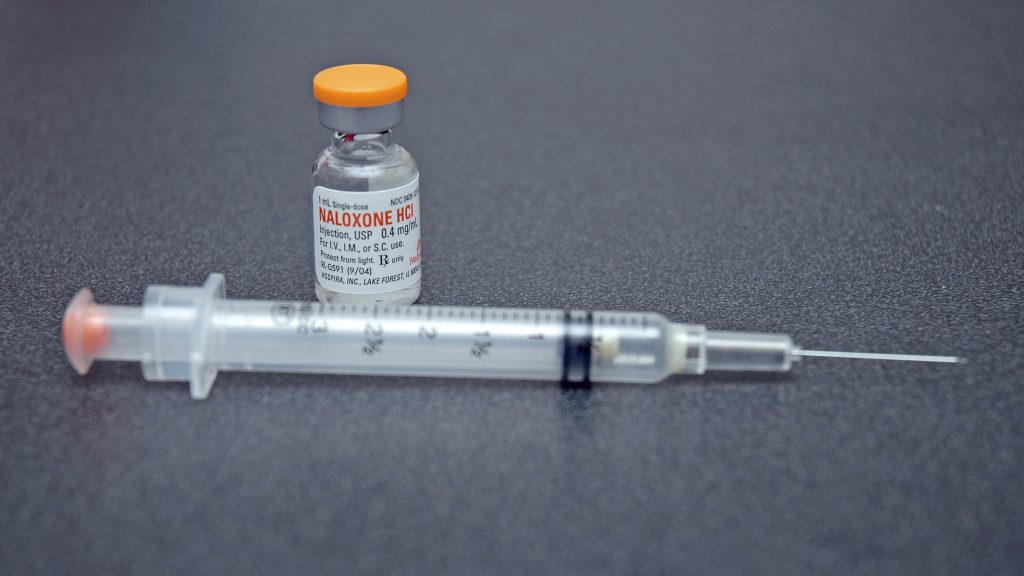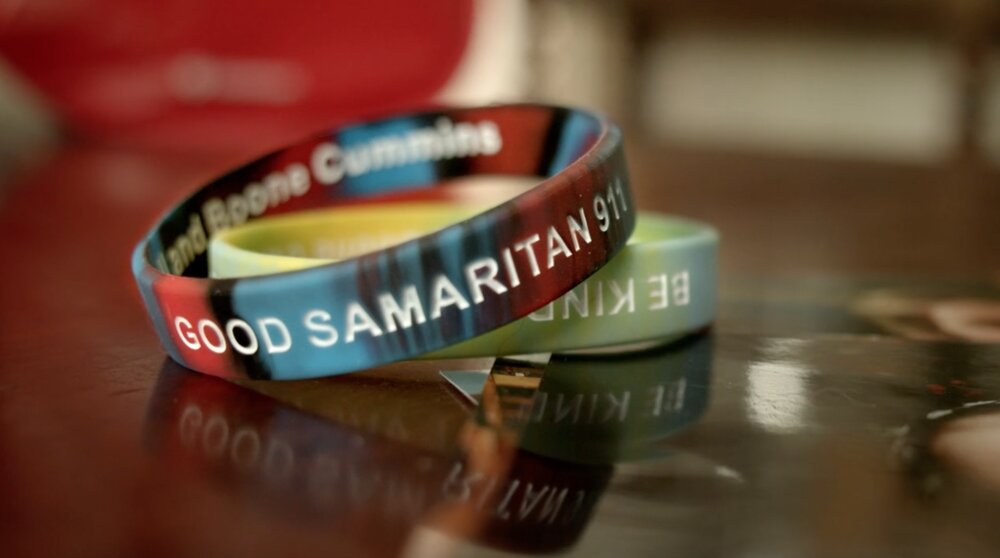Good Call:
Seeking Medical
Attention for an
Overdose
Under North Carolina’s Good Samaritan Law you may not be prosecuted for certain drug offenses if:
- You seek medical assistance for someone experiencing a drug-related overdose by contacting the 911 system, a law enforcement officer, or emergency medical services personnel.
- You believe that you are the first person to seek medical assistance for the overdose victim.
- You provide your name to the 911 system or to a law enforcement officer upon arrival.
- Law enforcement officers were not already at your location executing an arrest warrant, search warrant, or other lawful search.
- Any evidence for prosecution of a drug-related offense obtained by a law enforcement authorities was obtained because you sought medical assistance for a drug-related overdose.
Learn more about the Safe to Call campaign, which encourages teens and young adults to call 911 to help prevent deaths due to drug overdose and alcohol.

Administering
Naloxone
The NC Naloxone Access Law in North Carolina protects people who give naloxone to someone who is having an overdose. If, in good faith, they think the person is having a drug overdose and they use reasonable care to give the naloxone, they are protected from a lawsuit for administering naloxone.


